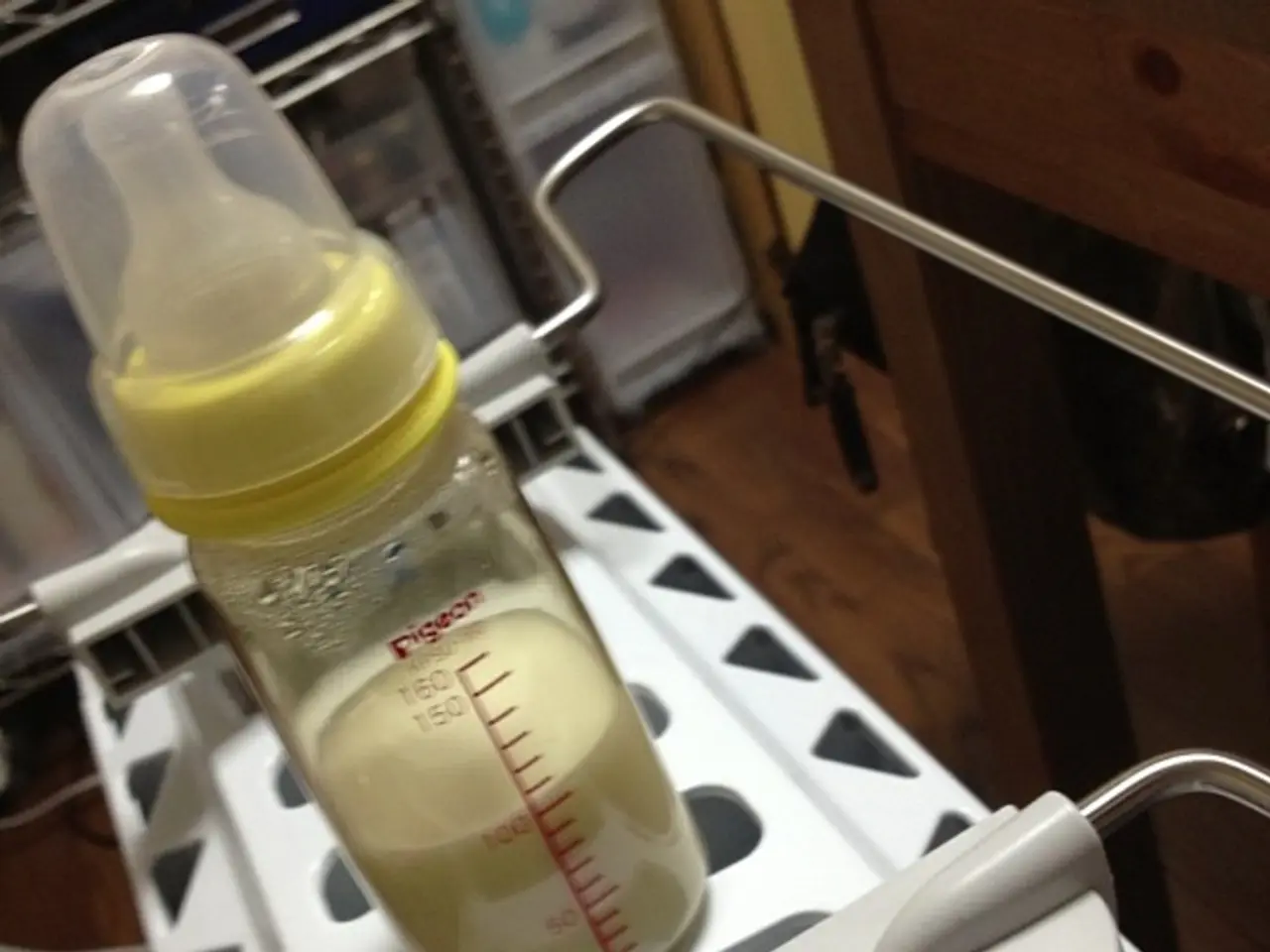Pharmaceutical companies receive correspondence from Trump seeking price reductions for prescription drugs
President Donald Trump took a significant step towards lowering prescription drug prices for American patients with his executive order titled "Delivering Most-Favored-Nation Prescription Drug Pricing to American Patients," signed on May 12, 2025.
The order directs pharmaceutical companies to lower U.S. drug prices to the lowest price offered in other developed nations (the most-favored-nation or MFN price). To achieve these goals, 17 major drug manufacturers, including AbbVie, Pfizer, Merck, Novartis, Eli Lilly, and others, received letters from President Trump with specific demands.
The letters, which were addressed to the CEOs of the respective companies, outlined four key expectations:
- Provide the full portfolio of prescription drugs to Medicaid patients at prices no higher than the MFN price.
- Guarantee that newly launched drugs will be offered to Medicare, Medicaid, and commercial payers at prices matching or below MFN prices.
- Implement direct-to-consumer distribution options for “high-volume, high rebate” drugs, allowing manufacturers to bypass middlemen and sell directly at prices no higher than MFN prices.
- Use trade policy to encourage manufacturers to raise prices abroad only if those increased foreign revenues are reinvested into lowering U.S. drug prices.
The letters also warned that if manufacturers “refuse to step up,” the federal government will “deploy every tool in our arsenal to protect American families from continued abusive drug pricing practices,” signaling potential enforcement actions including tariffs or other penalties. The companies were given 60 days from July 31, 2025, to comply, with a deadline near the end of September 2025.
The administration justifies this order by highlighting that Americans pay more than three times what other developed countries pay for the same drugs, subsidizing lower international prices through higher U.S. costs despite substantial U.S. government support for drug development.
Health and Human Services Secretary Robert F. Kennedy Jr. and Administrator for the Centers for Medicare and Medicaid Services Dr. Mehmet Oz are part of President Trump's team working on implementing the terms of the letters. President Trump expects the CEOs of the addressed companies to engage with Kennedy and Oz "immediately in good faith to deliver relief for American families."
President Trump began posting copies of each letter to his social media platform, TRUTH Social, following the briefing, and the letters will be made available to the press following the briefing. If the pharmaceutical companies refuse to step up, President Trump has stated that he will deploy every tool in his arsenal to protect American families from continued abuse of drug pricing practices.
- The executive order signed by President Donald Trump on May 12, 2025, aims to lower prescription drug prices for American patients by requiring pharmaceutical companies to offer drugs at the lowest prices available in other developed nations, called the most-favored-nation (MFN) price.
- In response to the order, 17 major drug manufacturers, including AbbVie, Pfizer, Merck, Novartis, Eli Lilly, and others, received letters from President Trump with specific demands, including implementing direct-to-consumer distribution options for certain drugs, and using trade policy to encourage lower U.S. prices if foreign revenues are increased.
- The letters, addressed to the CEOs of the respective companies, warn that if manufacturers "refuse to step up," the federal government will take enforcement actions, such as tariffs or other penalties, to protect American families from continued abusive drug pricing practices.




